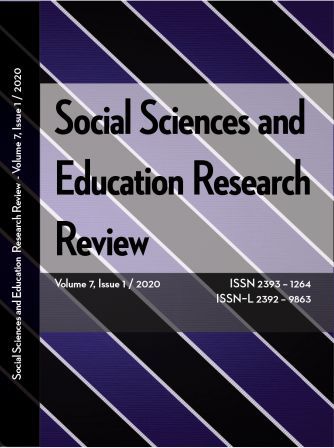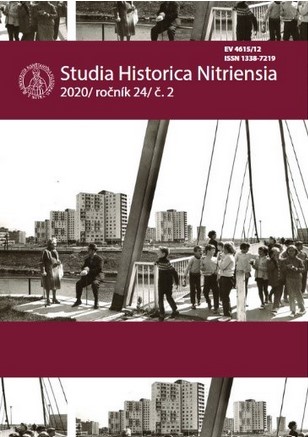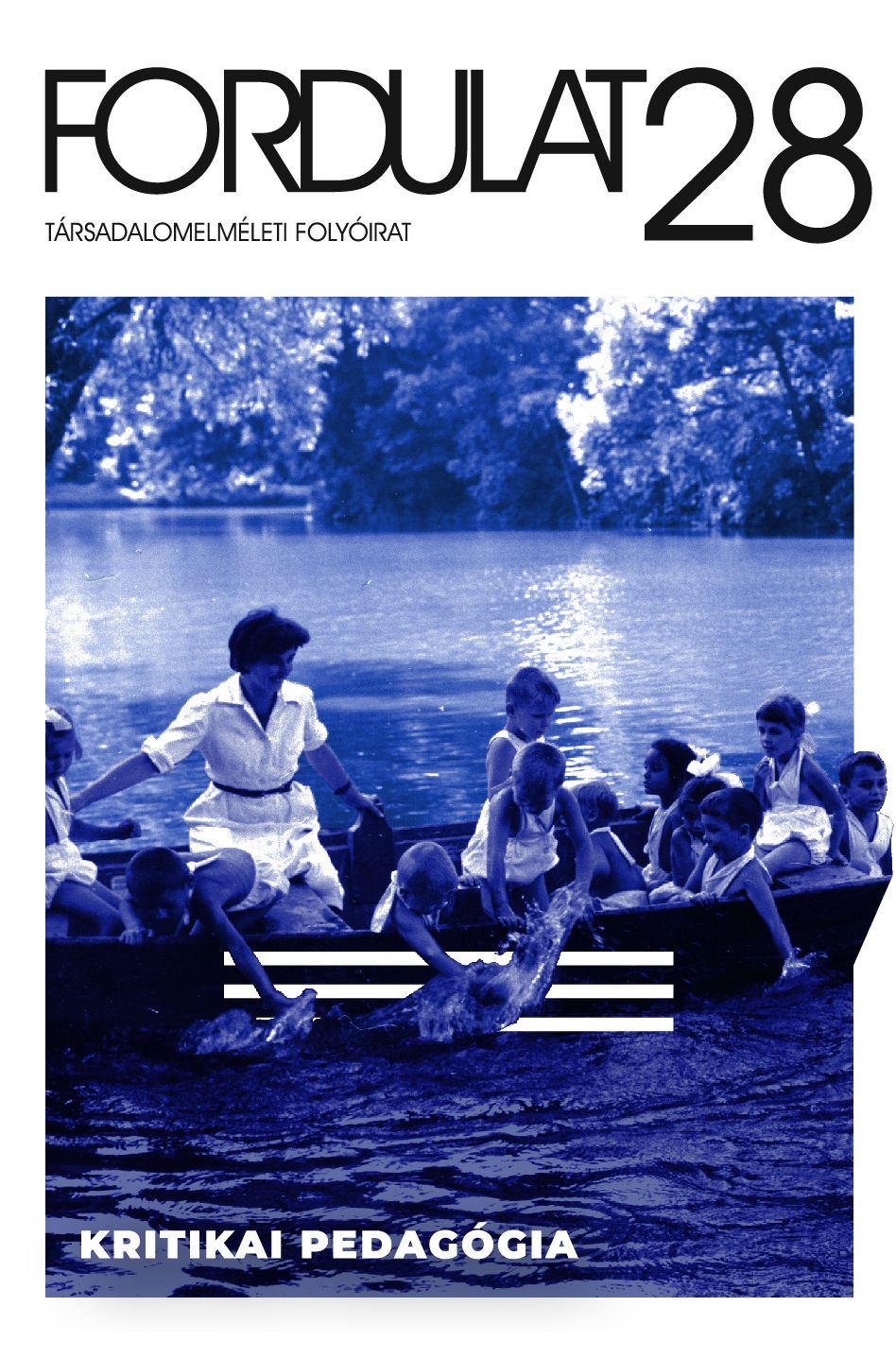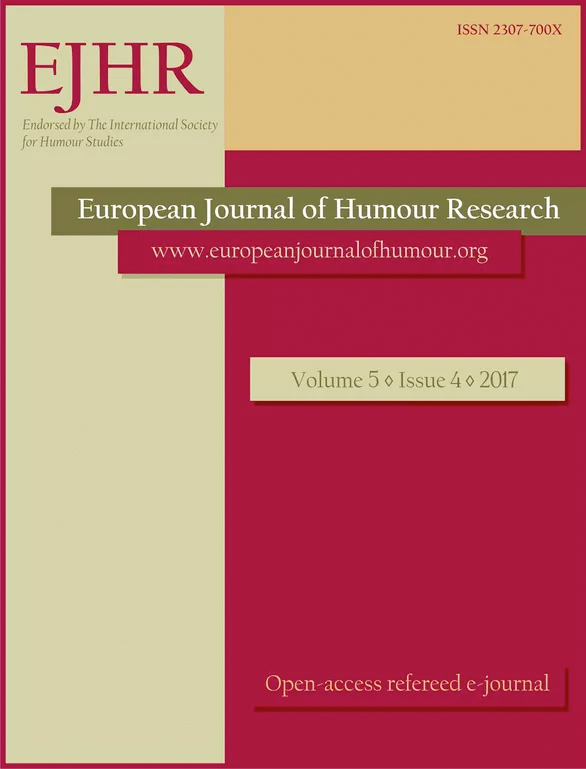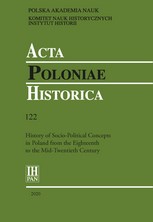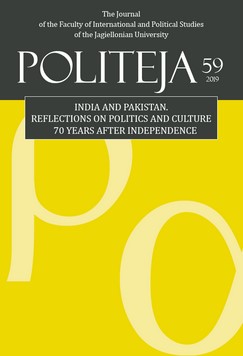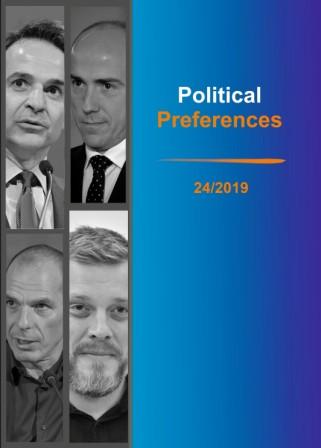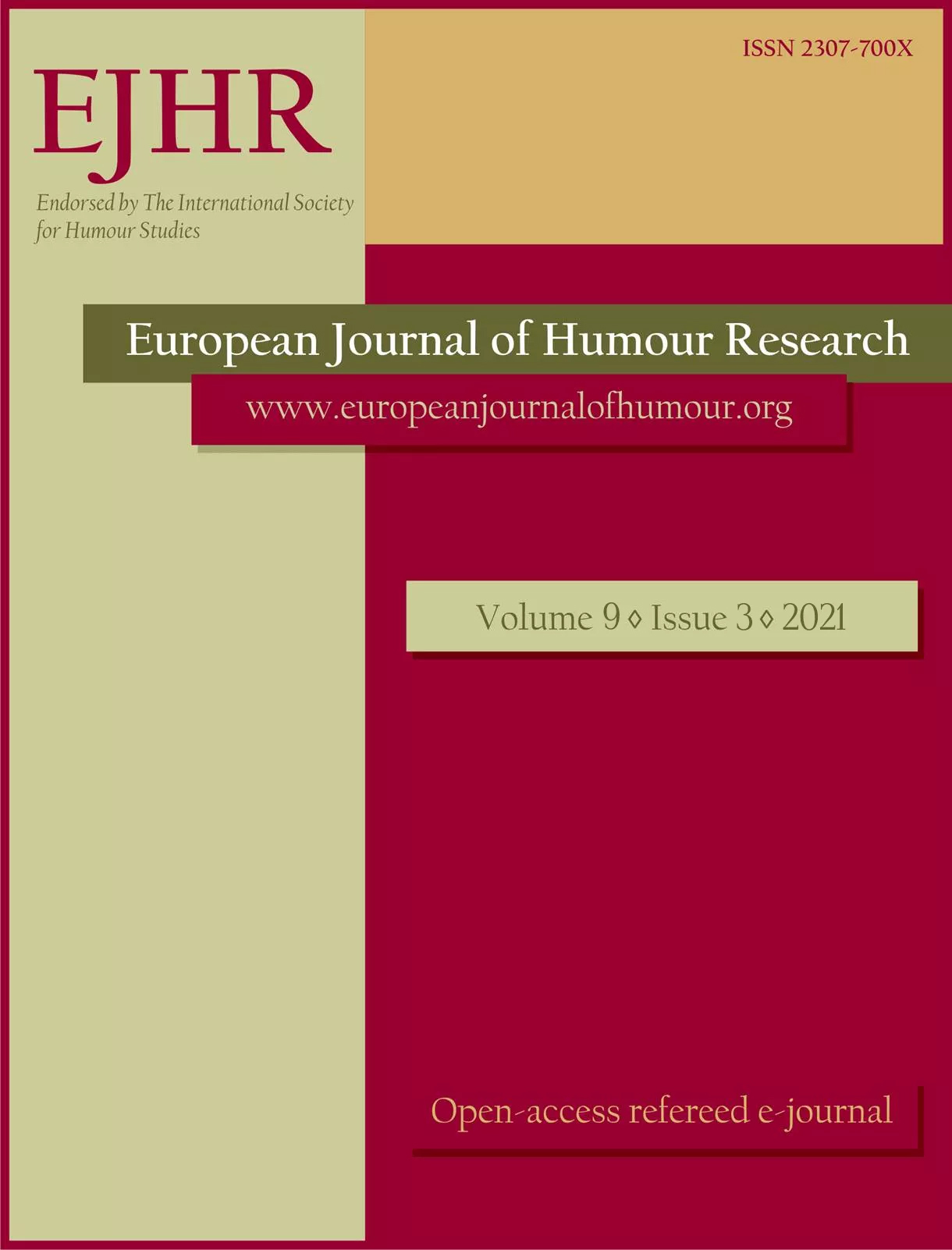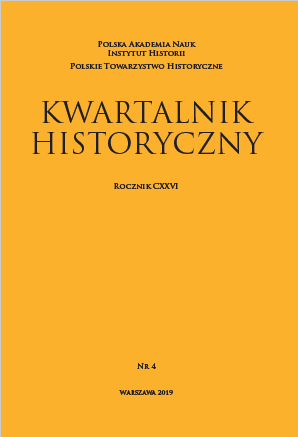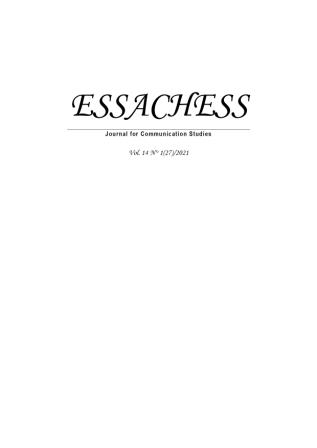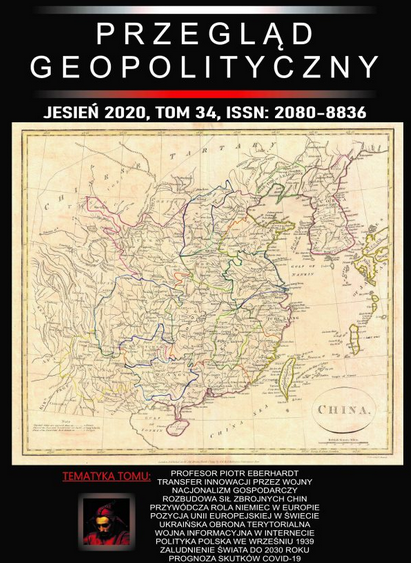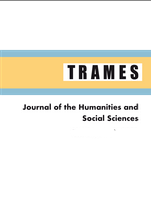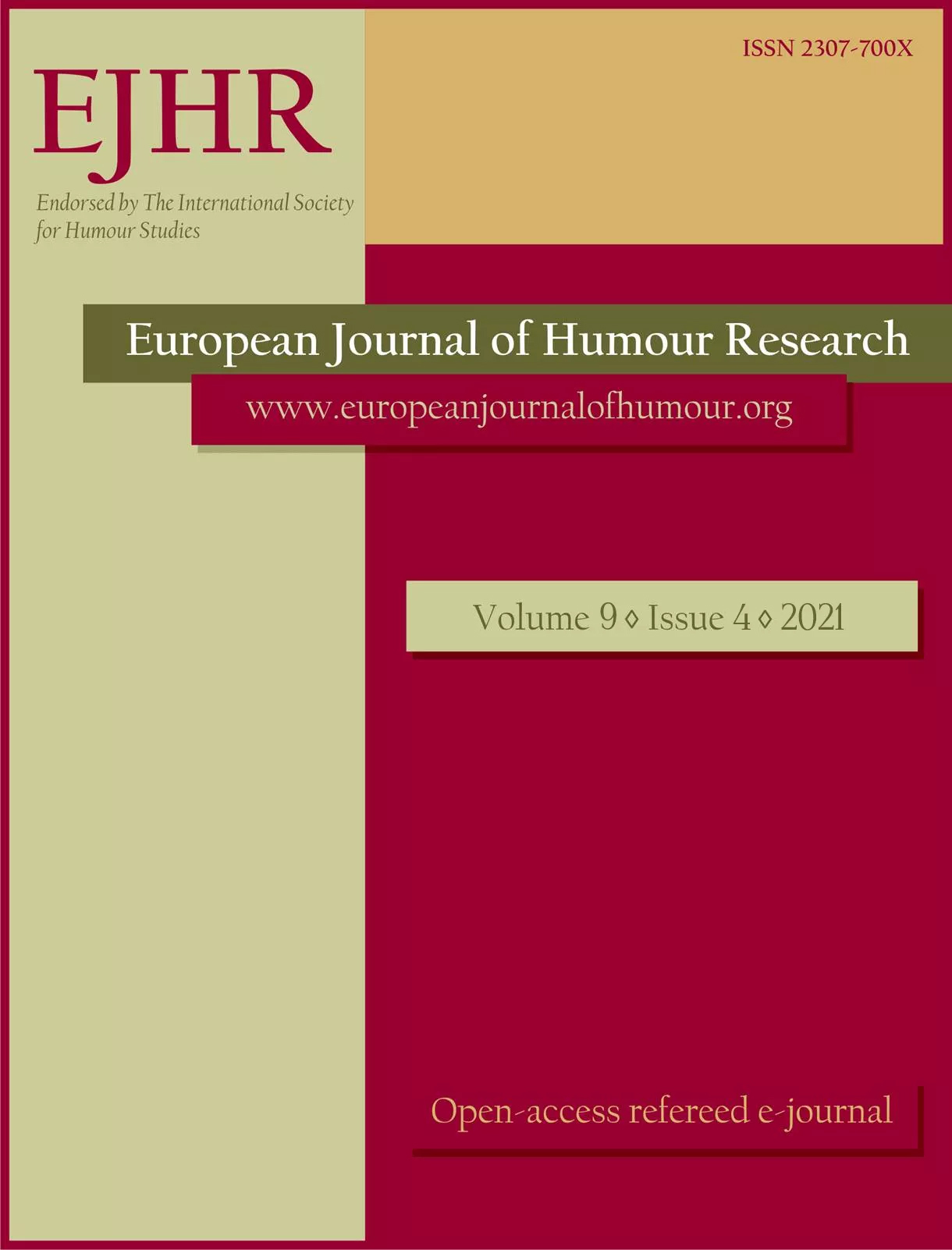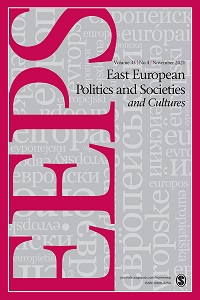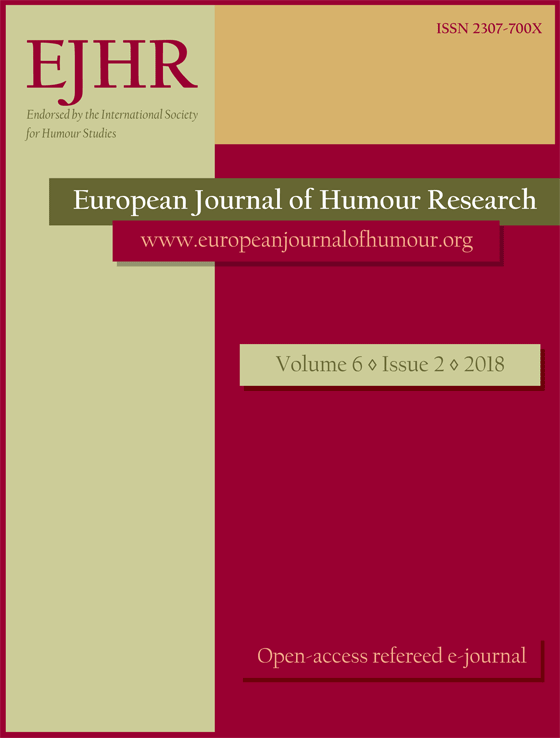
Humour of the intimate:
This study focuses on the women policies of the Turkish government and the female humour that is created in response to these policies. A humour magazine is used as the main source since this specific magazine, which is named Bayan Yanı (The Seat Next to a Lady), has the privilege of being the only humour magazine created solely by female caricaturists and writers in Turkey. Six samples of female humour related to intimate matters are selected purposefully from 16 issues of this magazine published between January 2015 and June 2016 and analysed in content, tone, and function. The aim is to develop an understanding on female humour, especially the humour of the intimate, created to lead the public to question the effectiveness of political decisions and practices related to women policies.
More...
